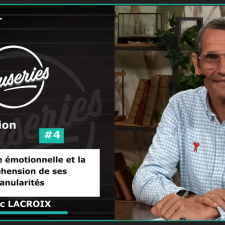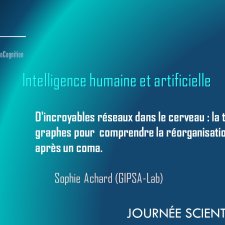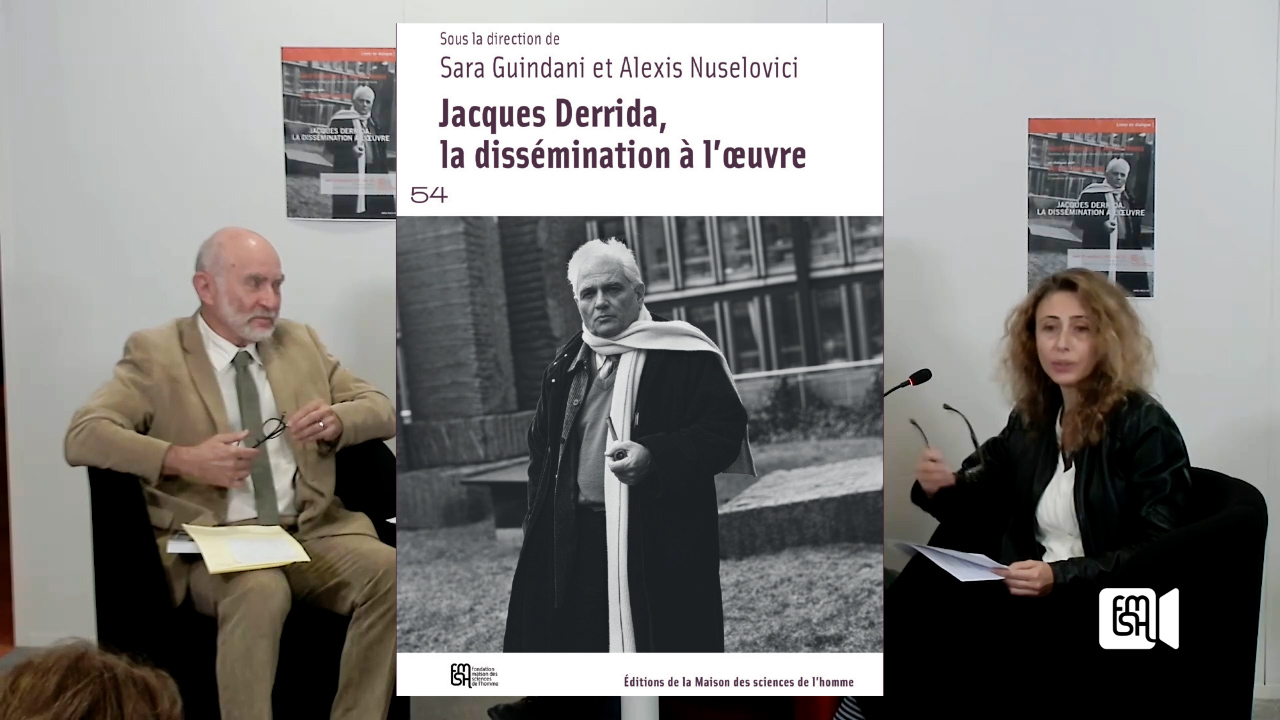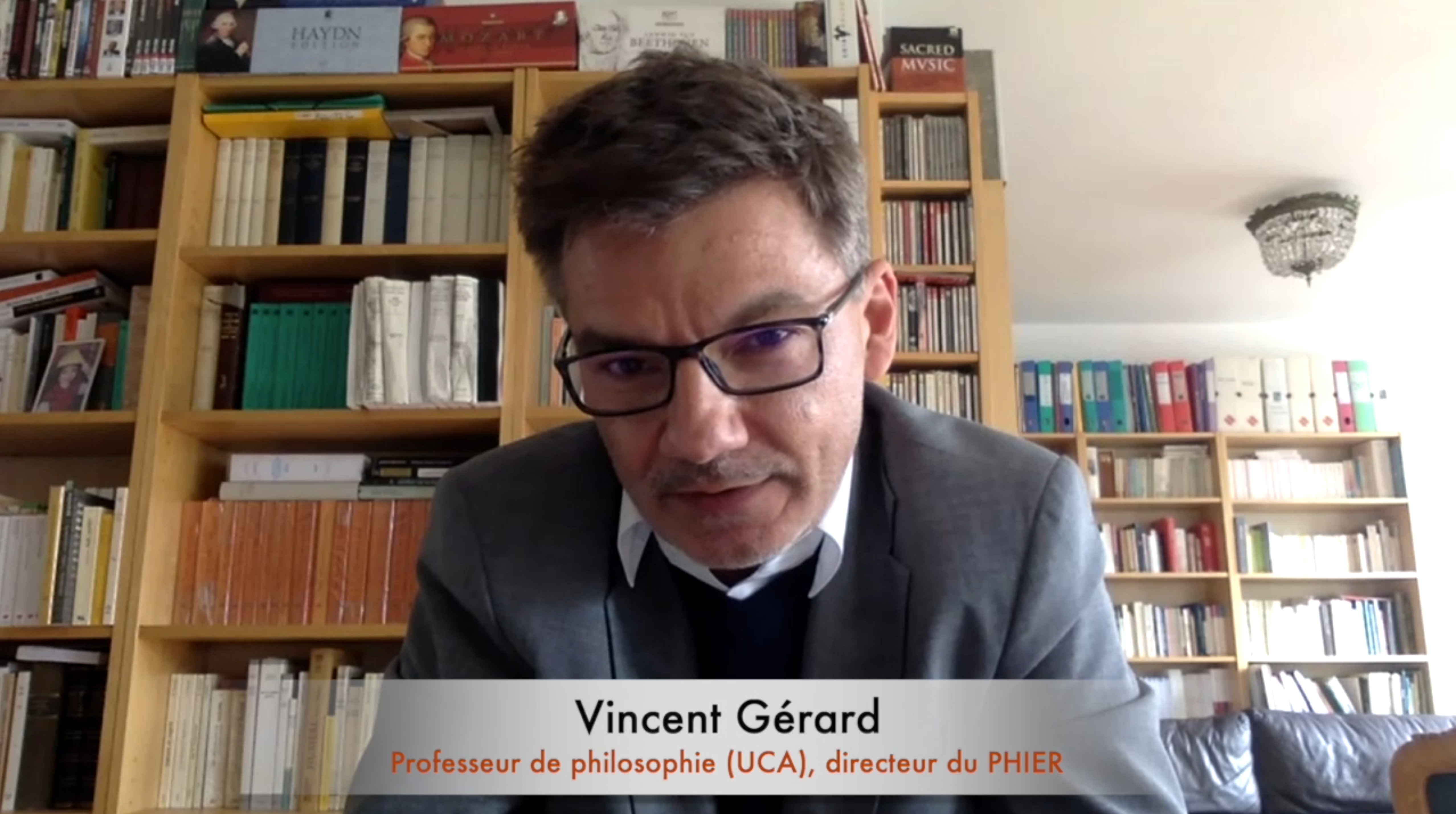Notice
Lecture 2: The Model in Action: Against Moral Nativism
- document 1 document 2 document 3
- niveau 1 niveau 2 niveau 3
Descriptif
Language, complex tool-use, extensive co-operation between non-relatives; religion and ritual are all distinctive features of the human mind. They seem to be found in no other living primate, and they seem to be features of all human cultures and of most (perhaps all) their members. We are tool-using, talking, co-operating, god-bothering apes. We are also moralising apes: arguably, making moral judgements is both typically human, and unique to humans. Recently, this has been grist for the modular nativist mill; Marc Hauser and John Mikhail (most notably) have explicitly based their models of moral cognition on language. I draw on the model developed in session 1 to build both a sceptical response to this nativist picture and an alternative analysis of moral cognition. The positive view owes much to those descendants of Hume who see moral cognition as essentially a gloss on pre-existing social emotions, but it gives a much greater role to top-down (and hence cultural) inputs.
Dans la même collection
-
Lecture 4: The Model in Action: Revisiting The Problem of Co-Operation
SterelnyKimThis session is about the distinctive feedback loops that drove our evolutionary trajectory, and in particular, about the role of co-operation in human evolution. An important theme is that the
-
Lecture 3: The Model in Action: Social Learning and Its Transformation
SterelnyKimSocial learning is not unique to our species; we do not differ from other primates through being able to learn from our fellows. But social learning takes a unique form in our species: we can
Avec les mêmes intervenants et intervenantes
-
Lecture 4: The Model in Action: Revisiting The Problem of Co-Operation
SterelnyKimThis session is about the distinctive feedback loops that drove our evolutionary trajectory, and in particular, about the role of co-operation in human evolution. An important theme is that the
-
Lecture 3: The Model in Action: Social Learning and Its Transformation
SterelnyKimSocial learning is not unique to our species; we do not differ from other primates through being able to learn from our fellows. But social learning takes a unique form in our species: we can
Sur le même thème
-
Diplôme Universitaire - Apprendre à apprendre
Présentation de la formation
-
L'exploration mentale #4 – Intelligence émotionnelle et la compréhension de ses granularités
LacroixÉricPorlierChristopheL'exploration mentale #4 – Intelligence émotionnelle et compréhension de ses granularités
-
L'exploration mentale #3 – La visualisation dans la performance sportive
LacroixÉricPorlierChristopheL'exploration mentale #3 – La visualisation dans la performance sportive
-
The coldness of the stone and the lightness of the bird: a memorial garden for the victims of Novem…
AccarainMadeleineTalk by Madeleine ACCARAIN (Wagon Landscaping, Paris), as part of the workshop "Memory, Place, and Material Culture", organized by John SUTTON, 2022-2023 research fellow at the Paris IAS, Emeritus
-
mark edmonds, building and belonging: architecture and memory in neolithic orkney
EdmondsMark R.SuttonJohnTalk by Mark EDMONDS, (Archeologie, York), in the context of the workshop "Memory, Place, and Material Culture", organized by John SUTTON, 2022-2023 research fellow at the Paris IAS, Emeritus
-
La théorie des graphes pour comprendre la réorganisation cérébrale après un coma.
AchardSophieLa théorie des graphes pour comprendre la réorganisation cérébrale après un coma.
-
SOIRÉE DE PRÉSENTATION DE L'OUVRAGE "JACQUES DERRIDA, LA DISSÉMINATION A L’ŒUVRE"
BourmeauSylvainGuindaniSaraNuseloviciAlexisÀ l'occasion de la parution de l'ouvrage Jacques Derrida, la dissémination à l'œuvre dans la collection "54", les Éditions de la Maison des sciences de l'homme organisent une soirée de
-
Comment s’orienter dans la crise ?
Proposée et organisée par la Maison des Sciences de l'Homme de Clermont-Ferrand et le PHIER, laboratoire Philosophies et Rationalités, cette web conférence, ouverte à toutes et à tous, s’est tenue le
-
Topological insights in neuroscience
Hess BellwaldKathrynOver the past decade, and particularly over the past five years, research at the interface of topology and neuroscience has grown remarkably fast. Topology has, for example, been successfully applied
-
Le Libéralisme dans tous ses États : Histoire de la pensée
le Libéralisme dans tous ses Etats- Histoire de la pensée
-
L'attention aux plantes ordinaires
De la forêt à la végétation urbaine, nous vivons entourés de plantes qui participent à la composition de nos mondes. Mais bien souvent, celles qui peuplent les espaces de notre vie quotidienne
-
Penser et agir avec la nature
Les études s'intéressant à l'impact de l'activité humaine sur la nature se multiplient depuis les années 60. Aujourd'hui, l'intérêt du public pour la question écologique est massif et les














